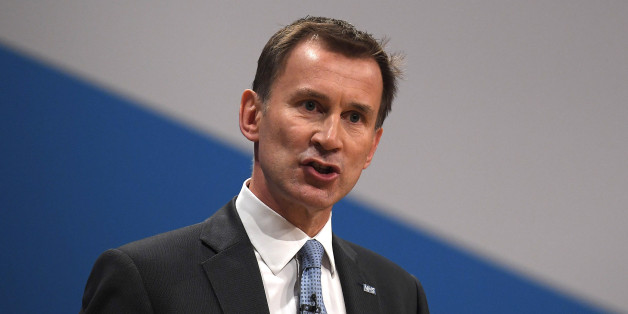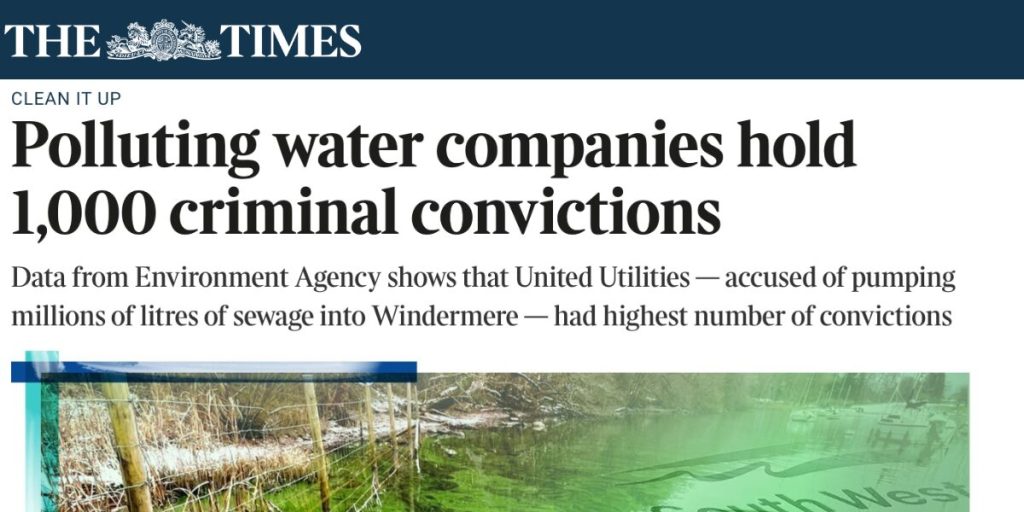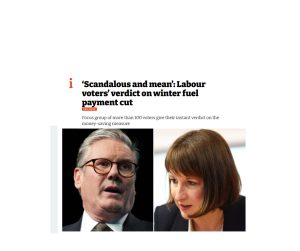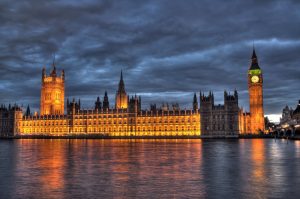

Mar 16th, 2023
Spring Budget: Rapid response research shows voters unconvinced
By Matthew McGregor
38 Degrees is a community of more than a million people. We come from all walks of life; we’re nurses, taxi drivers, parents, shopkeepers, pensioners and more. We’re people powered – and we want to make sure the voices of ordinary people, from all ages, and across the country are heard by those in power, on the issues, and in the moments that matter most to us. That’s why, in recent weeks we’ve begun working with pollsters JL Partners, using a pioneering update to traditional snap polling to poll same-day qualitative reactions to breaking news: a Rapid Response Voter Panel.
Yesterday we used this in the hours that followed the Budget to garner real time reaction to Jeremy Hunt’s much anticipated budget. Now, less than 24 hours after the budget, we’re able to share the first response from voters.
So what did voters make of Jeremy Hunt’s Spring Budget?
The reaction from the public was, in a word… underwhelming.
The study shows an unenthusiastic response from many – including some who voted Conservative in 2019. Few were convinced the new measures will make a major change in their lives as they continue to struggle with the cost of living crisis. Whilst there was some praise for the budget, voters seemed to generally refrain from offering actively positive views until they were able to judge the effect of the budget on the cost of food, heating and mortgages.
Many respondents said they were still struggling with the cost of living and asked what difference they thought Wednesday’s budget would make to their lives, voters were not hopeful for major change.
A 40-49 year old male Conservative voting healthcare worker from Birmingham said: “It will make no difference at all, the prices are still high and my wages are no different than before the price rises.”
Even the positive reactions were lukewarm: a 40-49 year old male Conservative voting Director from Braintree called it “a slight help as hopefully inflation will come down.”
Investment in childcare – the cost of which is huge financial pressure for many households with young children, and a barrier to work for others – was identified as one issue the Budget would address. Voters welcomed the announcements around, although several said it wouldn’t affect them directly:
A 60-69 year old female Conservative voting small business owner from London said: “It won’t make very much difference to our household but I welcome changes to childcare costs.”
And when we asked voters whether they thought the Budget showed a Chancellor and a Prime Minister who understood the impact the cost of living crisis was having on their lives, there were mixed opinions. Although some comments suggested they believed the Government was listening, many remained unconvinced.
“I don’t think they realise the pressures on working class families who receive no help.” – said a 30-39 year old female Conservative voting nurse from Glasgow.”
Asked about the financial pressures currently affecting their households, many named energy prices, which were partly addressed by the maintained energy price guarantee – but other issues were also causing significant concern.
A 30-39 year old female Conservative voting nurse from Glasgow said: “Food prices, petrol prices, energy prices its so expensive and we are in danger zone with our finances [with] almost no spare pennies after our wages are paid its becoming so difficult.”
“Cost of food, electricity, gas, council tax, water are slowly grinding us down. The country is a mess,” said a 50-59 year old male Conservative voting Healthcare professional from Bristol.
This early snapshot of voter response is unlikely to be what Jeremy Hunt and Rishi Sunak hoped for today. But when former Conservative voters feel they are being ‘slowly ground down’ and nurses believe they’ll be worse off as a result of this budget, it’s clear many voters will feel this budget has missed the mark.
People struggling to afford the basics – food, energy, a roof over their head – haven’t been offered the lifeline they needed from the Government, and that’s clear from the muted response even from Conservative voters.
Whilst this budget brought some good news for some voters, for many Jeremy Hunt and Rishi Sunak must do more to show they truly understand the dire circumstances millions of people have been pushed into by the cost of living catastrophe they’ve so far failed to solve.
Methodology
The JL Partners/38 Degrees Rapid Response Voter Panel was used to ask a representative sample of 101 UK adults online to share their instantaneous reaction to breaking news. In an update on traditional focus groups, JL Partners ask people to explain their views and dig underneath the surface of support or opposition. The sample is collected using web-intercept polling in accordance with MRS and BPC guidelines and data tables are available shortly after publication.
You can read more voter responses in our full press release, here.
38 Degrees is a community of more than a million people. We come from all walks of life; we’re nurses, taxi drivers, parents, shopkeepers, pensioners and more. We’re people powered – and we want to make sure the voices of ordinary people, from all ages, and across the country are heard by those in power, on the issues, and in the moments that matter most to us. That’s why, in recent weeks we’ve begun working with pollsters JL Partners, using a pioneering update to traditional snap polling to poll same-day qualitative reactions to breaking news: a Rapid Response Voter Panel.
Yesterday we used this in the hours that followed the Budget to garner real time reaction to Jeremy Hunt’s much anticipated budget. Now, less than 24 hours after the budget, we’re able to share the first response from voters.
So what did voters make of Jeremy Hunt’s Spring Budget?
The reaction from the public was, in a word… underwhelming.
The study shows an unenthusiastic response from many – including some who voted Conservative in 2019. Few were convinced the new measures will make a major change in their lives as they continue to struggle with the cost of living crisis. Whilst there was some praise for the budget, voters seemed to generally refrain from offering actively positive views until they were able to judge the effect of the budget on the cost of food, heating and mortgages.
Many respondents said they were still struggling with the cost of living and asked what difference they thought Wednesday’s budget would make to their lives, voters were not hopeful for major change.
A 40-49 year old male Conservative voting healthcare worker from Birmingham said: “It will make no difference at all, the prices are still high and my wages are no different than before the price rises.”
Even the positive reactions were lukewarm: a 40-49 year old male Conservative voting Director from Braintree called it “a slight help as hopefully inflation will come down.”
Investment in childcare – the cost of which is huge financial pressure for many households with young children, and a barrier to work for others – was identified as one issue the Budget would address. Voters welcomed the announcements around, although several said it wouldn’t affect them directly:
A 60-69 year old female Conservative voting small business owner from London said: “It won’t make very much difference to our household but I welcome changes to childcare costs.”
And when we asked voters whether they thought the Budget showed a Chancellor and a Prime Minister who understood the impact the cost of living crisis was having on their lives, there were mixed opinions. Although some comments suggested they believed the Government was listening, many remained unconvinced.
“I don’t think they realise the pressures on working class families who receive no help.” – said a 30-39 year old female Conservative voting nurse from Glasgow.”
Asked about the financial pressures currently affecting their households, many named energy prices, which were partly addressed by the maintained energy price guarantee – but other issues were also causing significant concern.
A 30-39 year old female Conservative voting nurse from Glasgow said: “Food prices, petrol prices, energy prices its so expensive and we are in danger zone with our finances [with] almost no spare pennies after our wages are paid its becoming so difficult.”
“Cost of food, electricity, gas, council tax, water are slowly grinding us down. The country is a mess,” said a 50-59 year old male Conservative voting Healthcare professional from Bristol.
This early snapshot of voter response is unlikely to be what Jeremy Hunt and Rishi Sunak hoped for today. But when former Conservative voters feel they are being ‘slowly ground down’ and nurses believe they’ll be worse off as a result of this budget, it’s clear many voters will feel this budget has missed the mark.
People struggling to afford the basics – food, energy, a roof over their head – haven’t been offered the lifeline they needed from the Government, and that’s clear from the muted response even from Conservative voters.
Whilst this budget brought some good news for some voters, for many Jeremy Hunt and Rishi Sunak must do more to show they truly understand the dire circumstances millions of people have been pushed into by the cost of living catastrophe they’ve so far failed to solve.
Methodology
The JL Partners/38 Degrees Rapid Response Voter Panel was used to ask a representative sample of 101 UK adults online to share their instantaneous reaction to breaking news. In an update on traditional focus groups, JL Partners ask people to explain their views and dig underneath the surface of support or opposition. The sample is collected using web-intercept polling in accordance with MRS and BPC guidelines and data tables are available shortly after publication.
You can read more voter responses in our full press release, here.


















